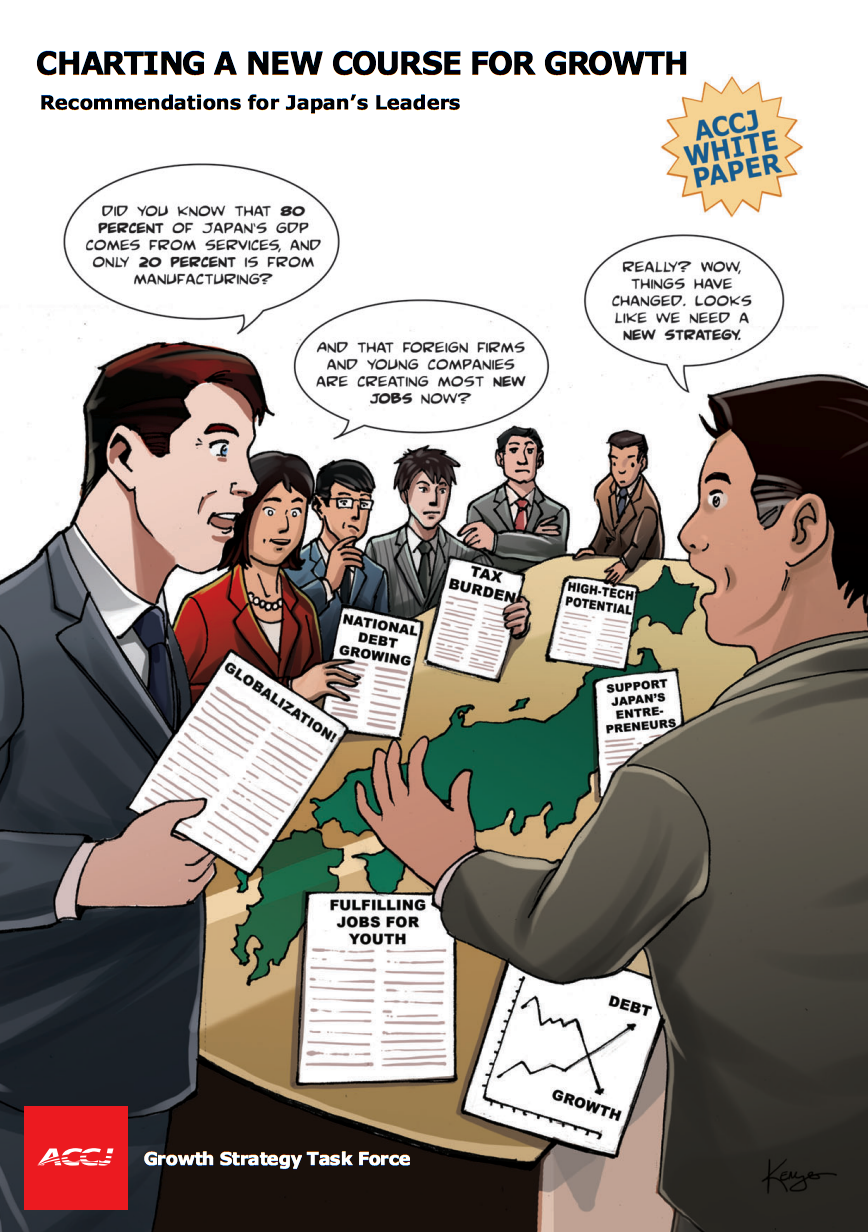On October 3rd, 2013, I wrote this article in the Asian Wall Street Journal, proposing that Japan promulgate a corporate governance code as part of its growth strategy.
Soon after that I proposed to a senior person at the BOJ and then to key LDP dietmen (mainly Mr. Yasuhisa Shiozaki, who was a leader of the LDP’s growth strategy “Headquarters”) that the LDP create a corporate governance code in order to (a) expand upon (many times over) the comply-or-explain principle that was about to be set forth in the new Company Law in a very limited context; and (b) ensure that the Stewardship Code would have its intended positive impact, by requiring standardized, comparable disclosure about governance practices at each company.
Importantly, I proposed that the new governance code should be drafted by a panel organized by the FSA , the agency that should logically be held accountable for the result because the FSA’s Establishment Law puts it in charge of investor protection, capital markets efficiency, and regulation of the stock exchanges (the listing rules of which are the place where most CG codes principles are reflected). I presented a detailed memo proposal to the dietmen. (Here are the memos that I submitted to Mr. Shiozaki: (1) サマリー 、(2) 予算が要らない、最大に評価される三本目の矢、(3) メモの追記、(4) 諸外国の例。)
It was the optimal time to do this because earlier in the year the Japanese government had announced its first “Abenomics” growth strategy, which was largely modeled off of the White Paper published by the American Chamber’s “Growth Strategy Task Force“, which I had proposed and led in 2010. This Task Force was far more successful than I every dreamed it could be. Almost all of the themes in the “third arrow”, including the very concept of a coherent analysis-based growth strategy for Japan, the vital need to enhance productivity growth and economic metabolism, the importance of corporate governance and labor mobility, were identical to to the central themes of this White Paper. This was not surprising, because the LDP had even hired the same economist that we had hired, Professor Kyoji Fukao of Hitotsubashi University. (See: “Charting a New Course for Growth: Recommendations for Japan’s Leaders“.)

The report was very widely read, and its concepts seeped into the bedrock of policy-making circles. A book written by Professor Fukao based on the analysis we had commissioned, won the most prestigious prize for an economics book in Japan. In particular, the fact that by 2013 many in the government had come to agree that reigniting productivity growth was essential, made this the ideal time to propose significant corporate governance reform.




